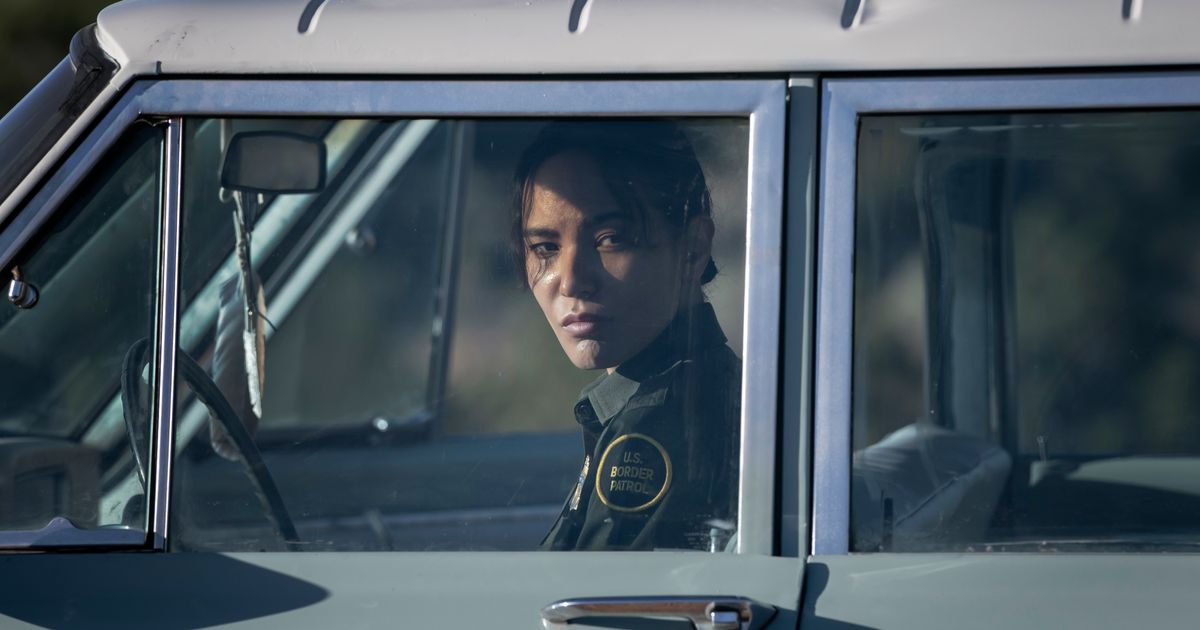
"In Dark Winds' third season, the narrative expands beyond the Navajo reservation to explore deeper themes of justice for Native people in a predominately white world."
"The finale, "Béesh ÅįÌÄ¯Ì (Iron Horse)," not only wraps up the storylines but also showcases the changing perspectives on justice and Indigenous separatism."
"Bernadette's journey reflects the series' ideological evolution, revealing her experiences with the border patrol have redefined her views on Indigenous identity and community."
"Ultimately, Joe's violent retribution raises questions about justice within the Native experience, paralleling Bernadette's quest for dignity amidst oppressive systems."
The third season of Dark Winds broadens its scope from the Navajo reservation to encompass issues of human and drug trafficking at the Mexican border. It examines the question of justice for Native Americans amidst systemic oppression. The finale, "Béesh ÅįÌÄ¯Ì (Iron Horse)," presents a complicated resolution for the characters, especially Joseph Leaphorn, who resorts to violence, and Bernadette Manuelito, who critically reassesses her identity and the idea of Indigenous separatism. This evolution reflects the show's shift towards addressing deeper social and political issues affecting Native communities.
Read at Vulture
Unable to calculate read time
Collection
[
|
...
]